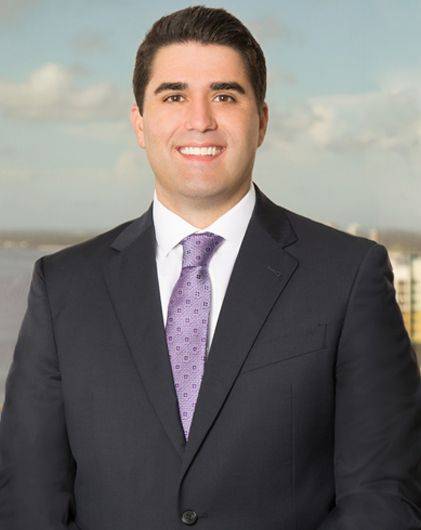DOL Expands Religious Exemption for Federal Contractors
More faith-based federal contractors could be shielded from anti-discrimination suits under the Department of Labor’s new rule. The rule gives organizations a clearer picture of their protections under the law.
The Department of Labor’s Office of Federal Contract Compliance Programs (OFCCP) expanded a religious exemption from anti-discrimination laws for federal contractors. The new rule applies the exemption to employers that “are organized for religious purpose, hold themselves out to the public as carrying out a religious purpose, and engage in activity consistent with and in furtherance of that religious purpose.” The rule takes effect on Jan. 8, 2021.
The OFCCP enforces nondiscrimination and affirmative action requirements for federal contractors and subcontractors. This includes enforcing Lyndon B. Johnson’s Executive Order 11246, which established nondiscrimination requirements for federal contractors. It was amended to include religious exemptions mirroring those in Title VII of the Civil Rights Act of 1964. It acknowledges that religious organizations may prefer to employ “individuals of a particular religion” to maintain their religious identity and integrity.
How the OFCCP’s New Rule Helps Employers
- It clarifies the scope of a religious exemption included in Executive Order 11246. It gives religious federal contractors the same carveout that churches, religious schools and other non-secular employers have under civil rights laws. They can hire, fire, or make other employment decisions based on their faith.
- It gives a clearer interpretation of the parameters of the religious exemption by defining these key terms:
- Exercise of religion
- Particular religion
- Religion
- Religious corporation, association, educational institution or society
- Sincere
- It adds a rule of construction to provide the maximum legal protection of religious exercise permitted by the Constitution and law, including the Religious Freedom Restoration Act.
- It adds examples in the definition of “religious corporation, association, educational institution or society” to better explain what organizations may qualify for the religious exemption.
According to the OFCCP, some faith-based organizations have been reluctant to contract with the federal government because of the lack of certainty about the religious exemption. The OFCCP noted that the rule is designed to “correct any misperception that religious organizations are disfavored in government contracting by setting forth appropriate protections for their autonomy to hire employees who will further their religious missions.”
Skeptics of the OFCCP’s motivation argue that religious organizations are not presently deterred from contracting with the government. The OFCCP, however, “believes that clarifying the law for current contractors is a valuable goal in itself, regardless of whether more religious organizations would participate as federal contractors or subcontractors.”
Please contact Austin Laurienzo or any other member of Phelps’ Labor and Employment team if you have questions or need compliance advice and guidance.


